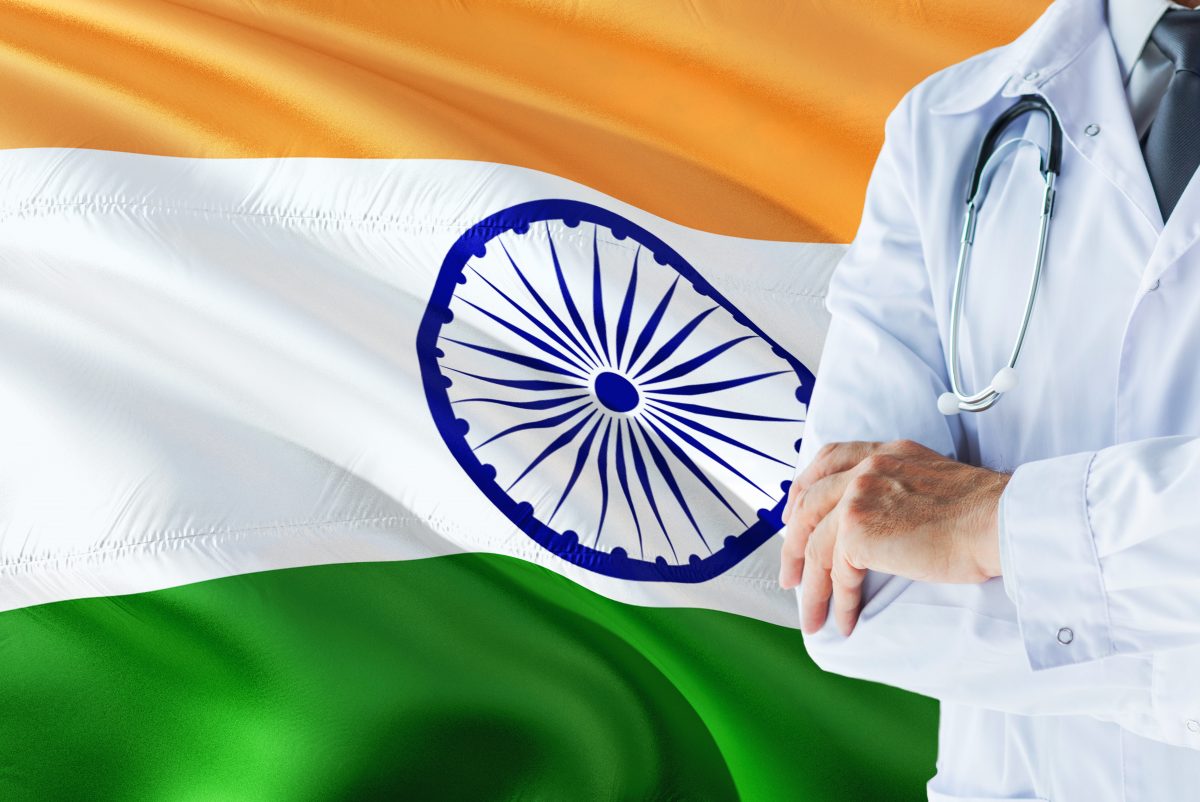 Doctors and hospitals could face action if government-employed medicos participate in private practice during the office hours of the Brihanmumbai Municipal Corporation (BMC).
Doctors and hospitals could face action if government-employed medicos participate in private practice during the office hours of the Brihanmumbai Municipal Corporation (BMC).
More than eighty percent of doctors and seventy percent of nurses and midwives are employed by the private sector in India. Government doctors should not participate in private practice between the hours of 09:00 and 16:00, the BMC has instructed more than 110 privately-run hospitals and nursing homes. If the missive is ignored, doctors could have their licenses cancelled and face other forms of disciplinary action. Hospitals too will be penalised for violations.
“We have drawn up a list of doctors running private practices from all our medical colleges and written to the concerned private hospitals where they work,” explained additional municipal commissioner Ashwini Joshi. “The point is to inform them that the doctors are paid with taxpayers money and their priority ought to be patients coming to civic hospitals. After the letters, if anyone is caught breaking the rules, action will be taken against both the doctor and the private hospital.”
According to a Times of India (ToI) report, between 25 and thirty percent of the approximately 1,200 doctors employed by the BMC also work in private practice. Cited by the ToI, a management official at one hospital within the Maharashtra state capital elaborated “the onus is on a doctor to ensure he/she is not doing anything illegal and is adhering to BMC working hours while taking up a simultaneous private offer.” The ToI reported that few private hospitals were willing to comment concerning the BMC’s notification.
As a report published by the ToI last year noted, “lesser pay compared to the private sector to other facilities that doctors in the latter get” are among the factors which drive doctors in India to choose to work in privately run hospitals as opposed to those run by the public sector. “While the problem is severe is states like Uttar Pradesh, Jharkhand, Chhattisgarh that do not produce enough number of doctors,” the ToI continues, “it is more than apparent even in states like Karnataka, Maharashtra, and Tamil Nadu that churn out the maximum number of doctors in the country.”
These issues contribute to a high level of out-of-pocket expenditure on health in the country. 2014 data indicated almost two-thirds of healthcare spending in Indian is borne out-of-pocket by the patients themselves. In the years since, research indicates that this has increased to around eighty percent despite healthcare schemes at the national and state levels such as the Centre’s Ayushman Bharat. The BMC’s crackdown on doctors working in private practice during hours when they are intended to work for the public sector is one avenue by which authorities can seek to address the difficulties facing patients when they seek government consultations – and have to turn to their own wallets as a result.

